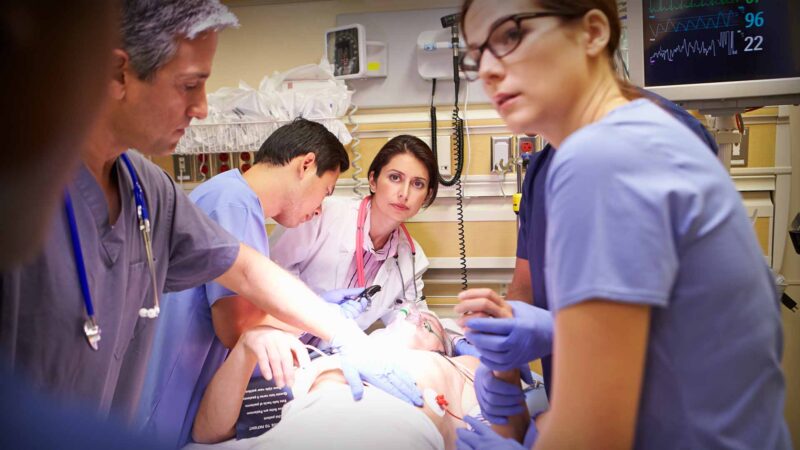Nurses have a pivotal role to play in the widespread implementation and adoption of digital health technologies throughout the healthcare sector for the primary purpose of improving safety and quality of patient care.
Australian Health Journal talked with two of Australian top leaders in nursing and in digital health on how the role of nursing is pivotal to the success of digital health in the Australian health system.
Firstly, Adjunct Professor Kylie Ward, CEO of Australian College of Nursing (ACN) spoke about the ACN Nurse Informatics and Digital Health Faculty bringing together a group of nurses with a common interest in nursing informatics and digital health technologies. The faculty members work together to solve problems, share knowledge, cultivate best practice and foster innovation in this important area of healthcare. Kylie stresses, “The more that the digital platforms can assist nurses to spend time educating supporting, monitoring and investing in the people that they serve, the more enabled and empowered they are to do their job.”
Also in the joint interview, Amanda Cattermole, CEO of the Australian Digital Health Agency (ADHA) spoke about how, “Nurses have been great early adopters of digital health technologies. The uptake being driven further during COVID”. The ADHA provides information to help clinician digital health literacy through webinars, face to face meetings, education supports and tools, as well as the colleges and peak organisations across the sector for their workforces.
Kylie pointed out, even with digital health technologies there is an important role nurses play with their intuition, intellect and the heart. None of these can be automated. However the success of digital health is also down to the inclusion of nurses and nursing leadership in the design and co-design of digital health tools in the future. Amanda added, “This includes the structured learning and in the moment learning on the job. “
You Might also like
-
Reflecting on a pivotal year for pharmacy
Dr. Kate Wang, a Senior Lecturer in Pharmacy at RMIT University and Adjunct Senior Lecturer, University of Western Australia, has over a decade of experience in both hospital and community pharmacy settings.
Dr Wang spoke to Australian Health Journal on some of the key topics in 2024 that have been pivotal as a pharmacist, academic and researcher for the pharmacy profession.
-
Landmark research projects tackle critical issues in emergency healthcare
For two decades, the demand for emergency department services in Australia has outpaced population growth and wait times have increased. In 2022-2023 more than 8.8 million emergency department presentations occurred nationwide.
While demand is a contributing factor, EDs are currently being impacted by various factors across the entire health system.
The Emergency Medicine Foundation (EMF) is a non-profit organisation funding innovative Australian research that improves the way people are cared for in a medical emergency. The aim of the research is to deliver better and more effective health services to save lives and money.
-
Cardinal Health brings device reprocessing plant to Australia
Cardinal Health is global medical products manufacturer and leading provider of single-use device reprocessing services in the U.S. In Australia and New Zealand, as one of the largest suppliers of medical devices, announced on 23 May 2024 that it will be opening a single-use medical device reprocessing facility in Australia – its first reprocessing facility outside the United States.
On 18 March 2025 at the Health Innovation Living Lab at the John Hunter Hospital, a further announcement was made, on the chosen single-use medical device remanufacturing facility in Beresfield, Newcastle, set to commence operation late 2025, supported by the NSW Department of Primary Industries and Regional Development.



